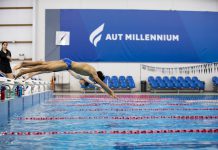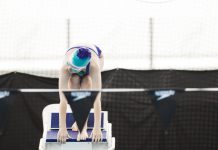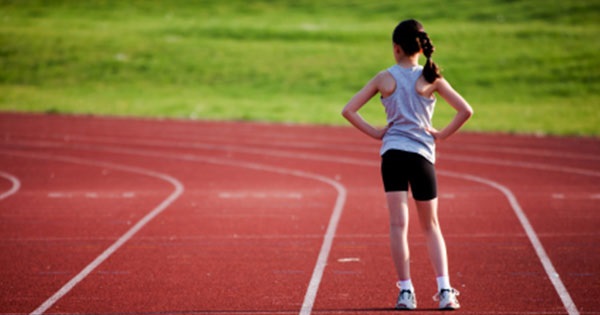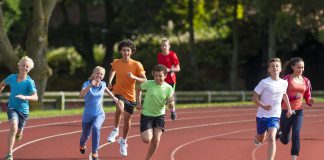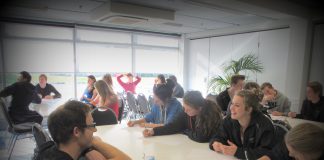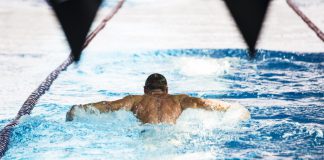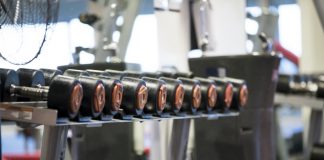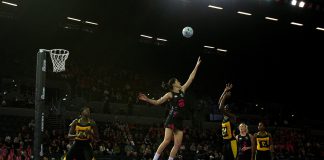This month’s Kinetics Physiotherapy & Rehabilitation Hints coincides with the opening of the new Sir Owen G. Glenn National Aquatic Centre, a fantastic new facility for both high performance athletes and the general public.
From a young age many kiwis learn to swim and regularly enjoy the beaches and lakes around the country. For some, this participation becomes more serious and competitive training begins.
However, as with all sports, there are some recommendations in regards to sports participation at a young age.
Many of the young athletes that come through Kinetics Physiotherapy & Rehabilitation are competitive swimmers or water polo players. Whilst these sports are not the only ones represented, a growing concern among our younger patients is the volume of training they are undertaking.
During adolescence the body goes through rapid changes. The volume and intensity of training during the ‘peak height growth phase’ (from 11-13yrs old, for approximately 2-3 years in duration) must be monitored to prevent overuse or traumatic injury.
During this phase, training loads should not exceed 14 hours per week as at this point there is a greater risk that injuries will occur. This is especially the case in sports that include repetitive load such as running, swimming and cycling. 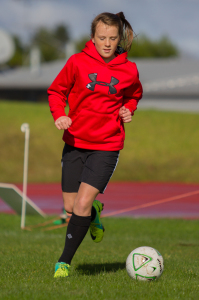
In addition to volume, demands for young athletes to choose a single sport and specialise early go against the recommendations of the sports medicine community.
A study on elite hockey players demonstrated that there was a statistically higher chance of winning Olympic gold if the athlete didn’t specialise before the age of 14 years old.
Athletes with diverse sporting experiences have a reduced risk of injury, burnout and an improved chance of future success.
Key things to remember when it comes to your young athlete:
- Youth/adolescents are not miniature adults
- Their musculoskeletal systems and bodies are rapidly changing
- Overload almost always leads to injury or burnout
- Diversify their sporting experience, don’t specialise early!
Look out for our next article in Pulse magazine and feel free to visit our website to have a look at each individual physio’s profile at https://kineticsrehab.co.nz/













